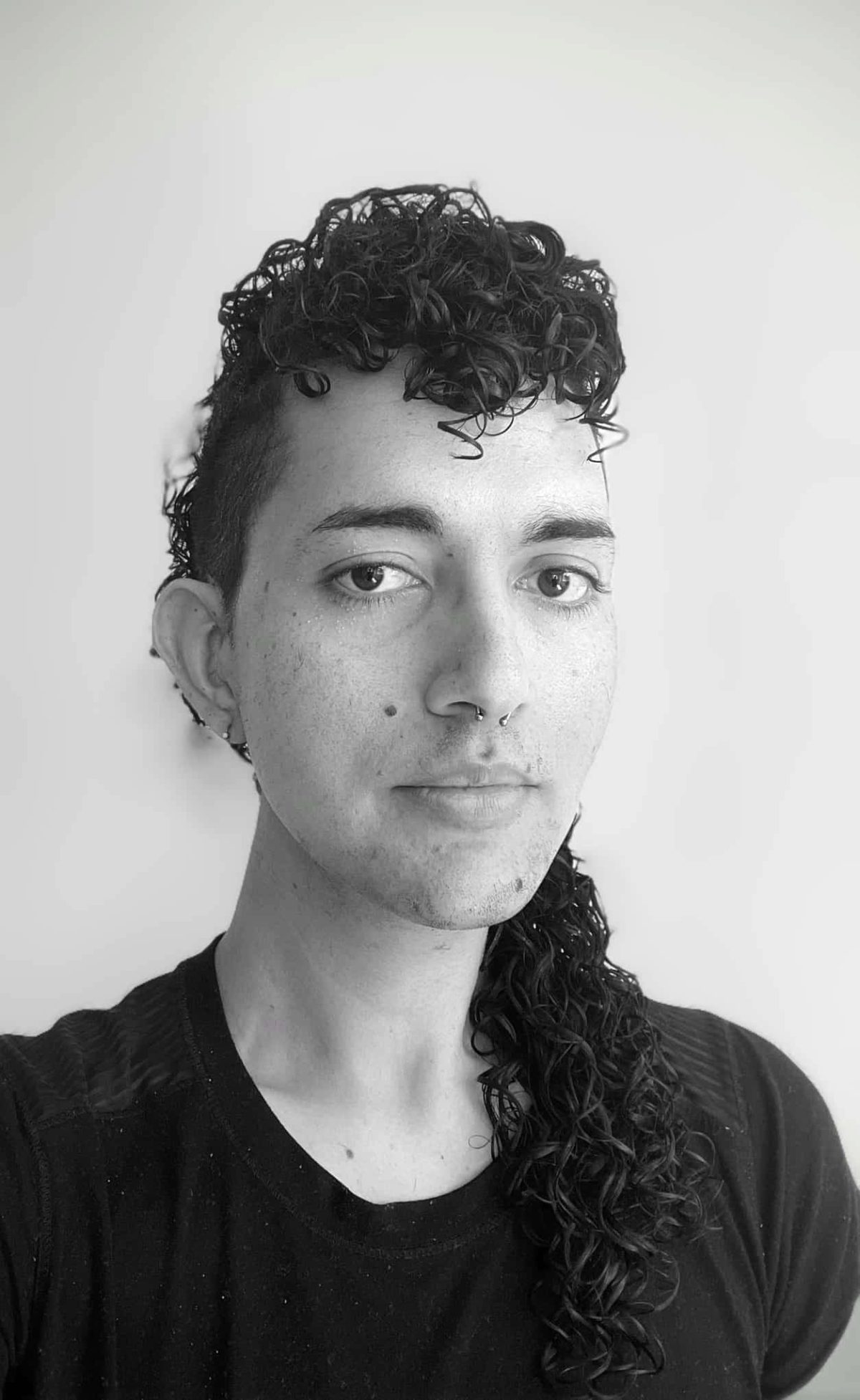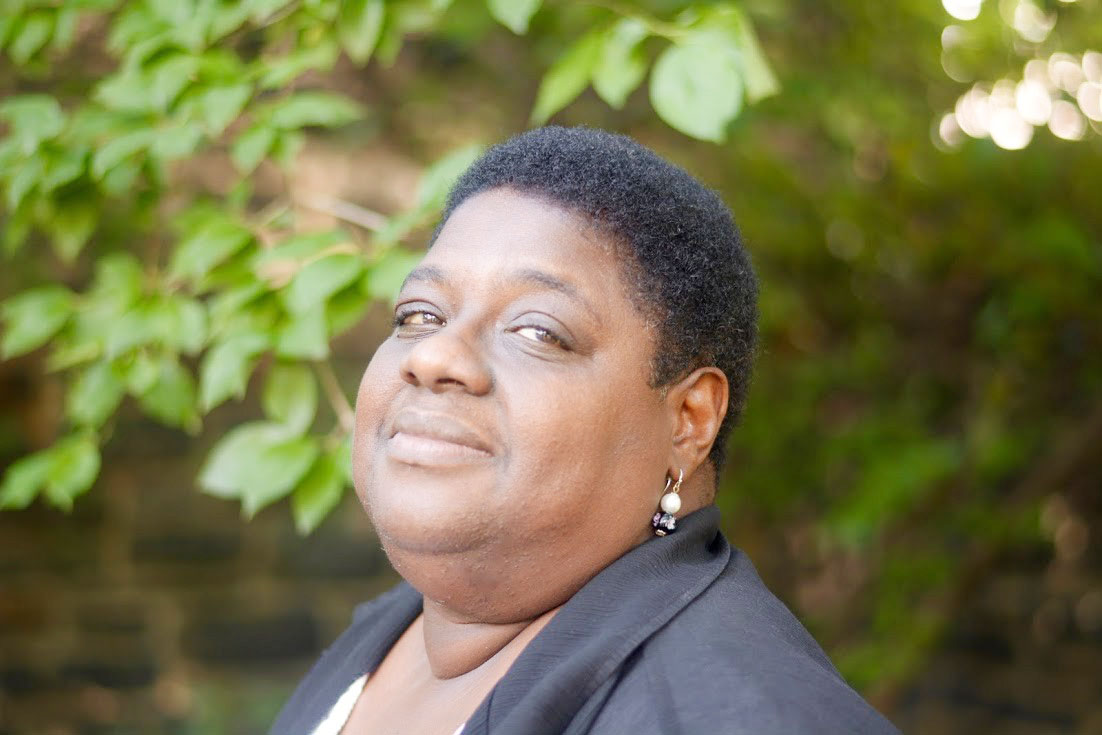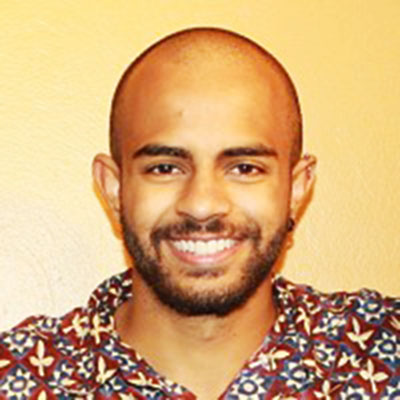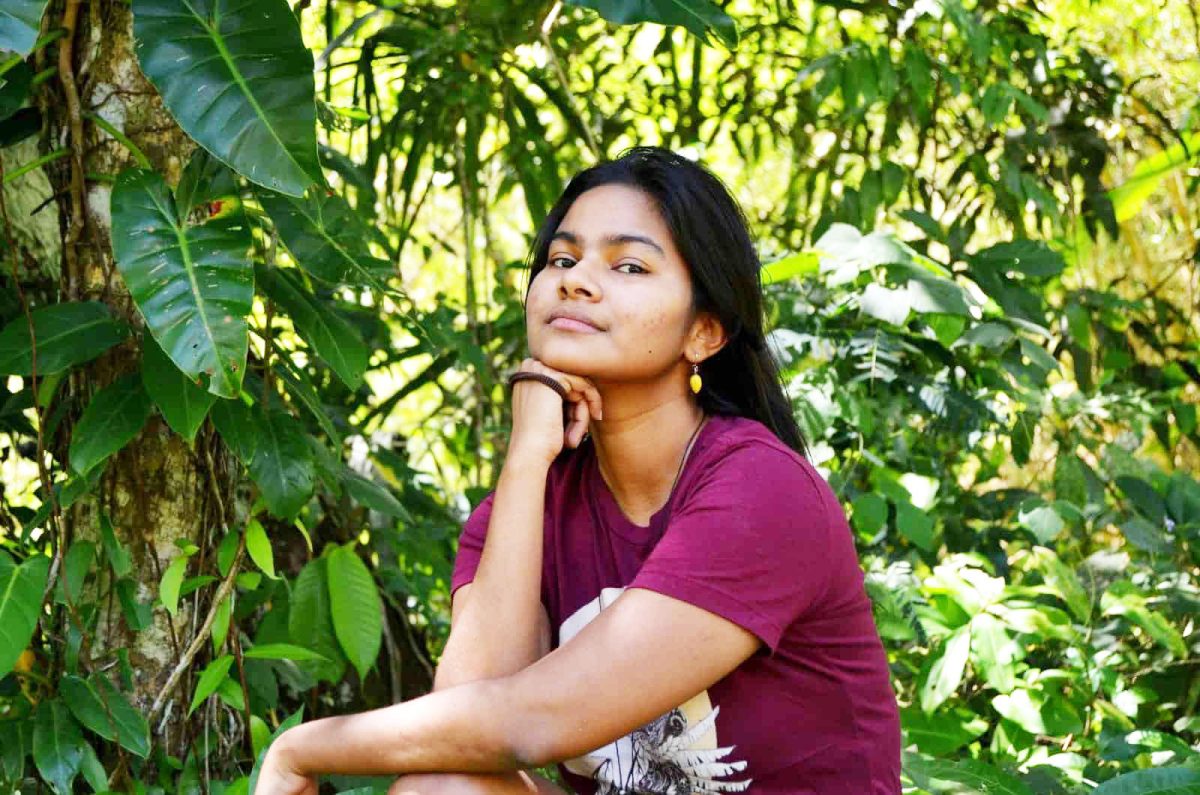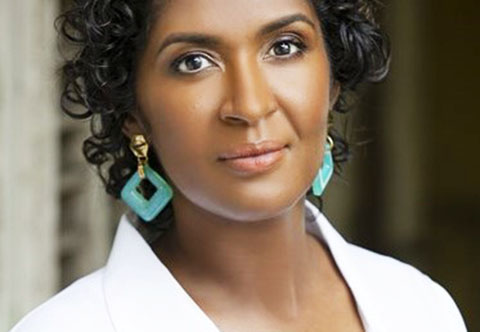
The Commonwealth Prize has the widest reach globally of all international prizes, covering all five continents as well as Australia and New Zealand. Only writers from Commonwealth member countries are eligible to enter, but they call themselves “the world’s most global literary prize” with some justification. The statistics are stunning. According to the Foundation, the shortlists were reduced from 7,359 entries this year from 53 of the 56 Commonwealth countries around the world. There are five Regions – Africa, Asia, Canada and Europe, the Caribbean, and the Pacific.
Five writers have been shortlisted in the Caribbean Region for the 2024 award.
Ark Ramsay (Barbados) for ‘You Had Me at Aloe’
Heather Archibald (Saint Kitts and Nevis) for ‘The Marriage Proposal’
Stefan Bindley-Taylor (Trinidad and Tobago) for ‘Wrinkle Release’
Celeste Mohammed (Trinidad and Tobago) for ‘Terre Brulée’
Portia Subran (Trinidad and Tobago) for ‘The Devil’s Son’
The nominated stories from each of the Regions have been announced. From these, the five Regional Winners for 2024 will be declared on May 29, and these will go forward to compete for the Overall Prize. That will be announced in London with great fanfare on June 26.
This literary competition has changed since its inauguration when the Commonwealth Foundation declared that it was observed that increasing numbers of writers were emerging around the Commonwealth and the prize was created to give them some ascendancy and afford them greater exposure on the international stage. It was to further promote what was then known as “Commonwealth Literature”. This body of work has not only been well promoted internationally, but has undergone its own significant metamorphoses.
It developed from the growing roll call of writers from countries which were colonies of Great Britain – nations which used to be in the “British Empire”. When that nomenclature fell out of favour and became increasingly ‘politically incorrect’, the term “Commonwealth” emerged, which included the UK itself among its former colonies. This eventually evolved into “post-colonial” after most of those territories became independent nations. But in literature, post-colonial began to shape its own form and assume both identity and theoretical constructs. It developed among writers from mainly India, Africa and the Caribbean, most of whom were working in the UK, responding to and interrogating their new political and artistic environment. It spread to the former colonies and included ideology as well as style and a response to the discredited concept of “empire”, to the point where some critics termed it as “the empire writing back”. But it was more than anti-colonial writing, although it resisted racial and cultural “othering”, it took on gender perspectives, but most remarkably, it transformed English Literature. There evolved new art as well as a new approach called post-colonial and drove the reality of “Literatures in English”. These multi-dimensional and complex thoughts quickly grew into a theoretical approach.
It is against that background that these short stories have grown as a body of work that the Commonwealth Foundation recognises through this annual competition. They have given exposure to the literature (formerly) known as Commonwealth and given ascendancy to rising unpublished writers in what is now a contest for short stories, as against published novels. Emerging writers and unpublished writers have a chance of winning a major prize, while at the same time the more established ones are not shut out. Their work remains eligible with the understanding that the prize is for new stories and stories not previously published.
The foregoing might just suggest some method in the changes made in the prize by the Foundation. There was at one time, the Commonwealth Poetry Prize, offered for published collections of poetry. But by the end of the 1980s this was set aside to make way for the Common-wealth Writers Prize which was for published works of fiction – novels or short story collections. Further, there was a prize for the Best First Book, which showed that the Foundation had in mind attention to emerging or first time writers.
Then there was the most recent change to the current Commonwealth Short Story Prize, suggesting a cycle of about 20 years. But it releases the restriction on published books and let many more writers in for a chance of a prize and for greater exposure. It suggests a developmental focus in the outlook, since now the works must not have been published before.
There is a mix in the Caribbean top 5. Notably, it is the first time that a writer from St Kitts and Nevis has made it to the shortlist, which must be gratifying for that small West Indian nation but also quite satisfying for the Foundation. The St Kitts nominee is Heather Archibald for “The Marriage Proposal”. It should be more welcomed since Trinidad, a bigger island with a much more impressive record in literary achievement, has three of the five top stories.
Further to that, one of them is by an entrant who is among the accomplished writers in Trinidad and Tobago and the West Indies. “Terre Brulee” is by Celeste Mohamed, an attorney-at-law who swapped the wig and gown for the pen after 10 years in the courts and has progressed well in her new profession. She was the winner of the OCM Bocas Prize in 2022 for her book of short stories Pleasantview (Jacaranda, 2021). She has since turned to non-fiction and in 2024 published a new work on women in the oil industry. A Different Energy : Women in Caribbean oil and gas had a launching last month in the Guyana Prize Literary Festival in Georgetown in a session when she was interviewed by Guyanese journalist Jasmaine Payne.
She completed an MFA in Creative Writing and went on to be very prominent in literary circles. She is among the foremost writers nominated for the Commonwealth Prize and has won previous awards for her short stories other than the Bocas. Her accomplishments include the CLMP Firecracker Award for Fiction and a prize nomination in the UK. It is, however, the first time she has been nominated for this Commonwealth award
Mohammed also served as a member of the Jury for Fiction in the Guyana Prize for Literature and, along with fiction writer and academic Prof Funso Aiyejina, conducted a master class in fiction writing at that literary festival. (Aiyejina was also a winner of the Commonwealth Writers Prize Africa Region at the time when it was for published fiction).
According to Ruth Killick of the Commonwealth Foundation 23 stories have been shortlisted from 13 countries and demonstrate an interesting range of preoccupations, subjects, experiences, themes and styles of writing. The Judges’ citation tells of ‘a dream list’ which will leave readers ‘startled and shocked, heartbroken and humbled in equal measure’.
Guyanese writers have had some success in this contest as the achievement of Kevin Garbaran comes to mind. Attention will now turn to the announcement of the Caribbean winner on May 29, and the winner over all 5 Regions on June 26.
Meanwhile, the annual NGL Bocas Literary Festival (Lit Fest) takes place in Port-of-Spain, Trinidad this week-end, April 25 – 28, at the Old Fire Station and the national library with multiple events, workshops, readings, discussions, performances, the Republic Bank National Poetry Slam and the presentation of the OCM Bocas Prize for Caribbean Literature Award.
